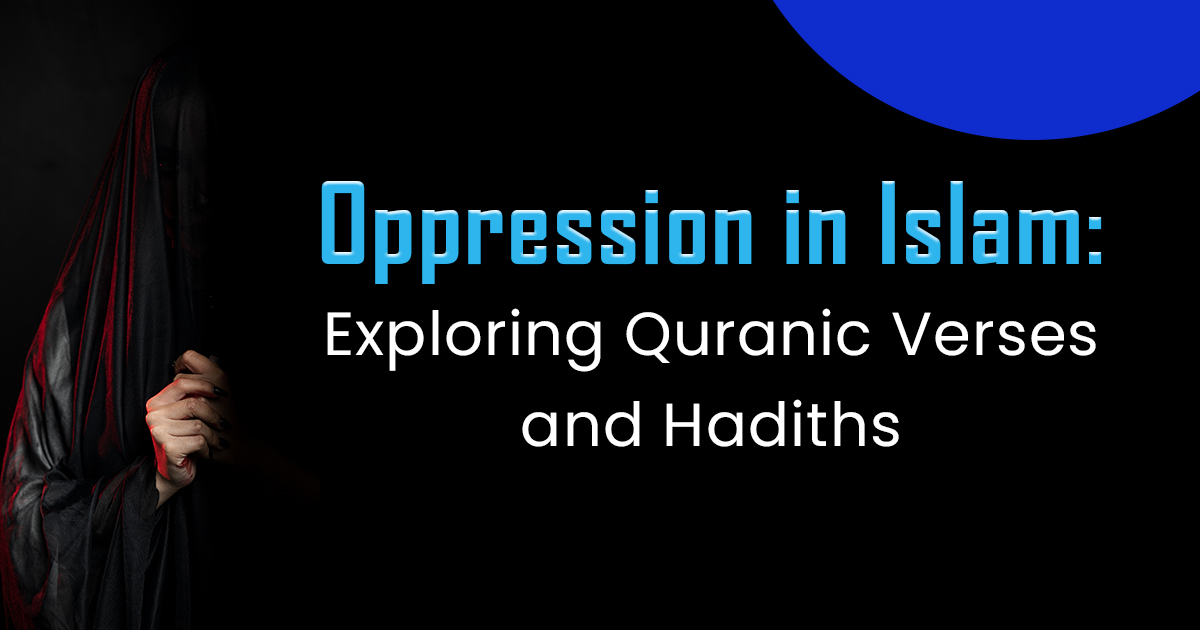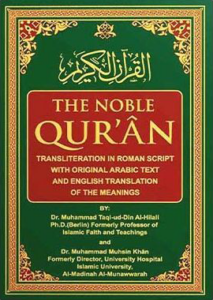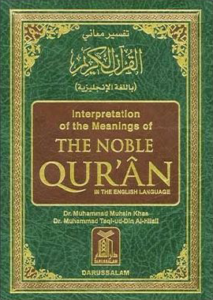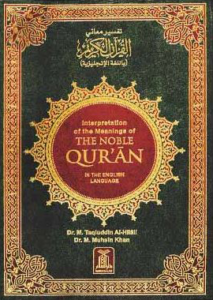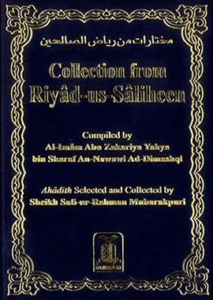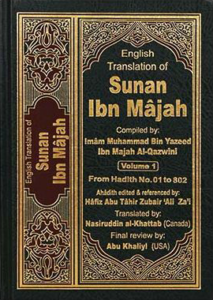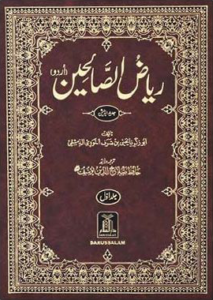In a world where injustice often seems to rear its ugly head, Islam stands as a beacon of hope, advocating for justice and the unequivocal prohibition of oppression. The religion’s scriptures—the Holy Quran and the Hadith Books—are replete with verses and teachings that call upon the faithful to live a life of fairness and equity. This blog delves into these Islamic teachings that denounce tyranny in all forms. Let’s uncover the Islamic perspective on the condemnation of oppression.
Understanding Oppression in Islamic Teachings
Before examining the specific scriptures, it is crucial to comprehend what Islam considers oppression (Zulm). Oppression in the Islamic context means the unjust treatment of others, whether through discrimination, inequity, or depriving someone of their rights.
Quranic Perspectives Against Oppression
The Clear Condemnation
- Surah An-Nisa (The Women) 4:135: This verse, as previously mentioned, is a cornerstone in the Quran’s advocacy for justice. It unequivocally demands the pursuit of justice, regardless of the personal cost.
The Divine Retribution for the Oppressors
- Surah Ash-Shu’ara (The Poets) 26:227: Oppressors are reminded of the inevitable spiritual consequences of their actions, contrasting the uninterrupted rewards awaiting those who do good.
Oppression: A Corruption of the Soul
- Surah Al-Baqarah (The Cow) 2:205: “And when he goes away, he strives throughout the land to cause corruption therein and destroy crops and animals. And Allah does not like corruption.”
Protecting the Vulnerable
- Surah Al-Balad (The City) 90:12-17: These verses speak about the importance of freeing slaves and feeding the impoverished, especially during times of misfortune and famine, indicating the broader Islamic ethos against social oppression.
Ensuring the Right to Dignity for All
- Surah Al-Hujurat (The Chambers) 49:11: This verse warns against mockery and slander, which are forms of psychological oppression, advocating for respect and dignity among all people.
A Reflection of God’s Mercy
- Surah Al-A’raf (The Heights) 7:42: The Quran repeatedly mentions that God’s mercy far exceeds His wrath, implying that mercy is preferred over oppression and injustice in all dealings.
Each of these verses anchors the believer in a moral landscape where oppression is more than a social ill; it’s a spiritual deviation that corrupts the heart and society.
Hadiths: The Sayings of the Prophet (PBUH) on Oppression
Clear Warnings Against Zulm
- Hadith in Sahih Muslim: “O My servants, I have forbidden oppression for Myself and have made it forbidden amongst you, so do not oppress one another.”
The Gravity of Injustice
- Hadith in Sunan At-Tirmidhi: The Prophet Muhammad (PBUH) said, “Allah gives respite to the oppressor. But when He seizes him, He does not let him escape.”
The Responsibility of Helping the Oppressed and the Oppressor
- Hadith in Sahih Bukhari: “Help your brother, whether he is an oppressor or he is an oppressed one. People asked, ‘It is all right to help him if he is oppressed, but how should we help him if he is an oppressor?’ The Prophet said, ‘By preventing him from oppressing others.'”
The Sanctity of Life, Property, and Honor
- Hadith in Sahih Bukhari and Muslim: “Your blood, your properties, your honor are sacred to one another, as sacred as this day of yours in this month of yours in this city of yours.”
These Hadiths highlight that oppression not only harms the oppressed but also damages the oppressor, who, encumbered by injustices committed, faces the inevitability of divine justice. These teachings also emphasize the responsibility of the community to protect and uphold the rights of all individuals, illustrating a comprehensive Islamic approach to social justice and the eradication of oppression.
Living an Oppression-Free Life: Practical Insights from Islam
Promotion of Social Justice
- Advocacy for the oppressed: Islam encourages Muslims to stand up against injustice even if it involves standing up against one’s self.
- Equitable treatment of all humans: Regardless of race, color, or social status, every individual deserves fair treatment.
The Role of Islamic Governance
- Just leadership: The Quran and Hadiths emphasize the need for leaders in the Islamic community to be just and fair in governance.
Nurturing a Just Community: Islamic Social Structures
Community Support Mechanisms
Zakat: The compulsory giving of a set proportion of one’s wealth to charity is one of the five pillars of Islam, designed to alleviate economic oppression.
Educational Outreach
Learning and teaching about justice: Islamic teachings highlight the importance of education in understanding and promoting justice.
The Ripple Effect of Justice in Society
Personal Accountability
Self-assessment: Individuals are encouraged to regularly assess themselves and ensure they are not perpetuating injustice.
Creating Role Models
The Prophet Muhammad (PBUH) is a role model: His life exemplifies living a just life free of oppression.
The Consequences of Ignoring the Prohibition of Oppression
While Islamic scriptures strongly advocate against oppression, they are equally clear about the consequences for those who engage in or turn a blind eye to such acts. Ignoring the prohibitions laid out in Islam is not considered a trivial matter; rather, it is an issue that encompasses both worldly and otherworldly ramifications.
Worldly Ramifications of Oppression
- Social Unrest and Conflict: Societies where oppression is rampant often experience heightened levels of conflict and tension. Inequality and injustice can lead to social fragmentation and chaos.
- The cycle of Hatred and Retribution: Injustice breeds resentment and can lead to a never-ending cycle of hate and the desire for retribution.
- Loss of Trust and Integrity: When the leaders or members of a community engage in oppressive acts, they undermine the trust and the moral fabric of society.
- Personal Consequences: The oppressor may face a variety of worldly consequences, including the loss of respect, the breakdown of relationships, and even legal repercussions.
Spiritual and Otherworldly Consequences
- Divine Displeasure: The Quran and Hadith stress that oppression incurs the displeasure of Allah, which can manifest in one’s life in various forms.
- Accountability in the Hereafter: One of the most emphasized beliefs is that individuals will be held accountable for their actions in life after death. Zulm (oppression) is a grave matter that will be strictly accounted for.
- Darkness on the Day of Judgment: The Prophet Muhammad (PBUH) equated oppression to darkness on the Day of Resurrection, a time when one will seek all the light and guidance possible.
- Denial of Paradise: Severe and unchecked oppression could lead to a person being denied entrance to Paradise, as it contradicts the very essence of Islamic teaching.
Punishment of Oppression in Islam
The punishment for oppression in Islamic tradition is severe due to the vile nature of the act. Across various Islamic texts, the retribution meted out for oppression can be both immediate and deferred until the afterlife.
Punishment in the Worldly Life
- Social Ostracization: Communities are encouraged to distance themselves from the oppressors to signal social disapproval.
- Legal Actions: In an Islamic state, oppressors can face legal consequences depending on the nature of their oppression. Leaders may impose penalties, fines, or imprisonments to rectify injustices and deter potential oppressors.
Punishment in the Hereafter
- Severe Questioning and Accountability: The individual may be subjected to strict accounting for their actions in the presence of their Creator.
- Retributive Justice: According to some interpretations, oppressors may suffer punishments that mirror the pain they inflicted on others.
- Denial of Divine Mercy: On a Day when forgiveness is sought by all, oppressors who have not repented may find themselves deprived of Allah’s infinite mercy.
The Path to Repentance and Redemption
Even with the severe warnings and descriptions of punishment for oppression, Islam also offers a path of repentance and redemption. Those who oppress others are urged to mend their ways, seek forgiveness from those they have wronged, and make amends. Islamic teachings emphasize that the doors of repentance are always open and that Allah is ever willing to forgive those who truly turn back to Him in remorse and with a resolve to change their oppressive ways.
This redeeming aspect underlines the hope present in Islam that anyone can return to the path of righteousness regardless of their past, provided they do so with sincere intent and actions.
This comprehensive exploration reveals Islam’s firm stance against oppression. By understanding and living these divine guidelines, we can foster a just society where the dignity and rights of every individual are respected and upheld.
FAQs Related to Islam and Oppression
What is oppression in Islamic terms?
In Islamic terms, oppression (Zulm) refers to any form of injustice, be it the denial of rights, discrimination, or inequitable treatment of individuals.
How does Islam teach Muslims to confront oppression?
Islam teaches Muslims to confront oppression by standing up for justice, even if it’s against one’s interests, and to never partake in unjust actions.
Can you list a Quranic verse that speaks against oppression?
Surah An-Nisa (The Women) 4:135 is one of many verses that speak against oppression, advocating firmness in justice for all.
What role does the concept of Zakat play in combating oppression?
Zakat, the obligatory charity, is one of the five pillars of Islam, designed to redistribute wealth and alleviate economic inequalities, thus combating financial oppression.
How does the Prophet Muhammad (PBUH) serve as a role model in the prohibition of oppression?
The Prophet Muhammad (PBUH) serves as a model by exemplifying a life characterized by fairness, advocating for the rights of the oppressed, and strictly prohibiting all forms of injustice and inequity in his sayings and actions.

